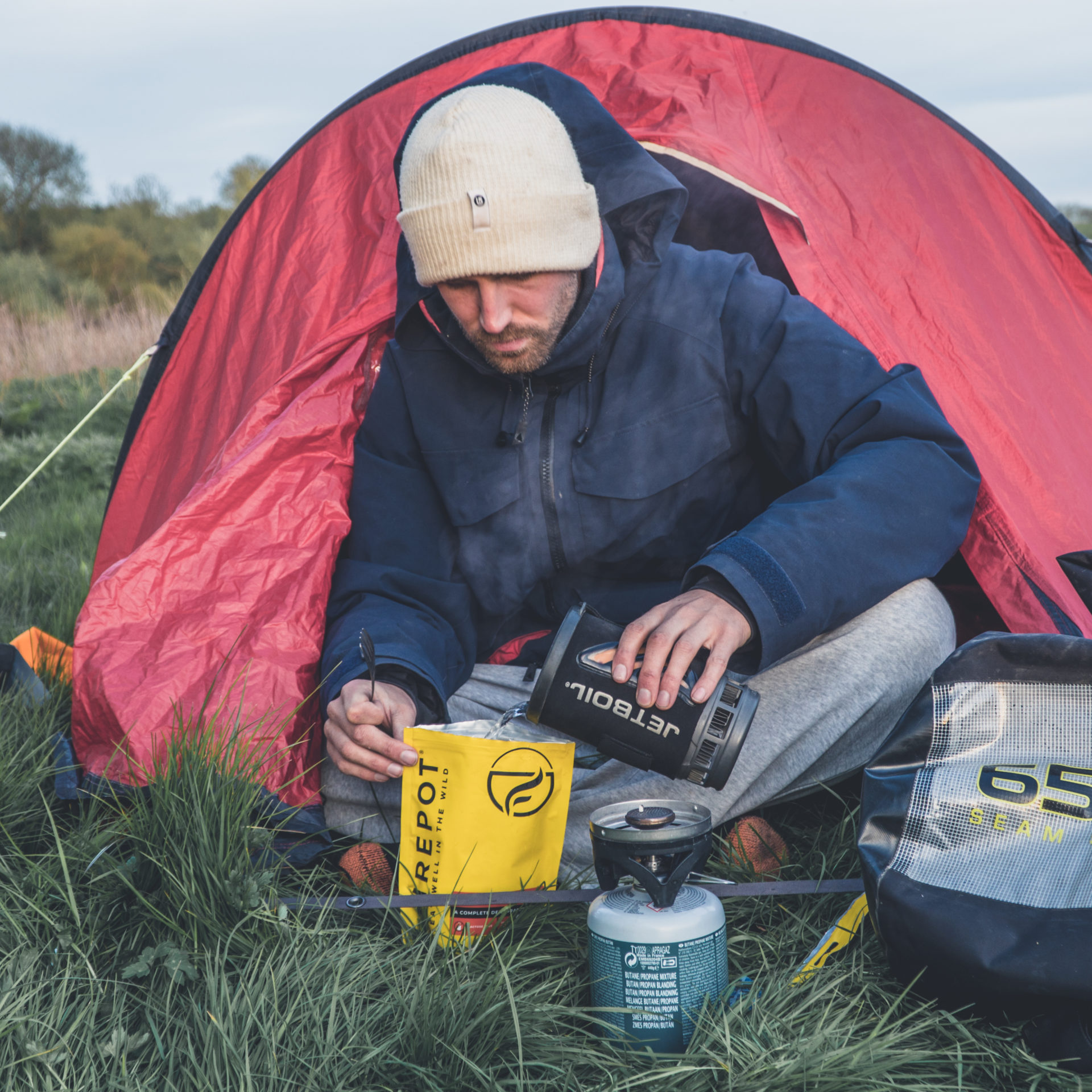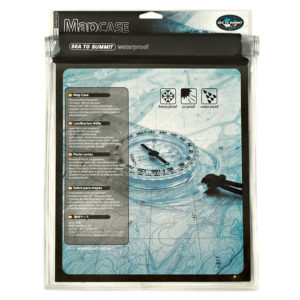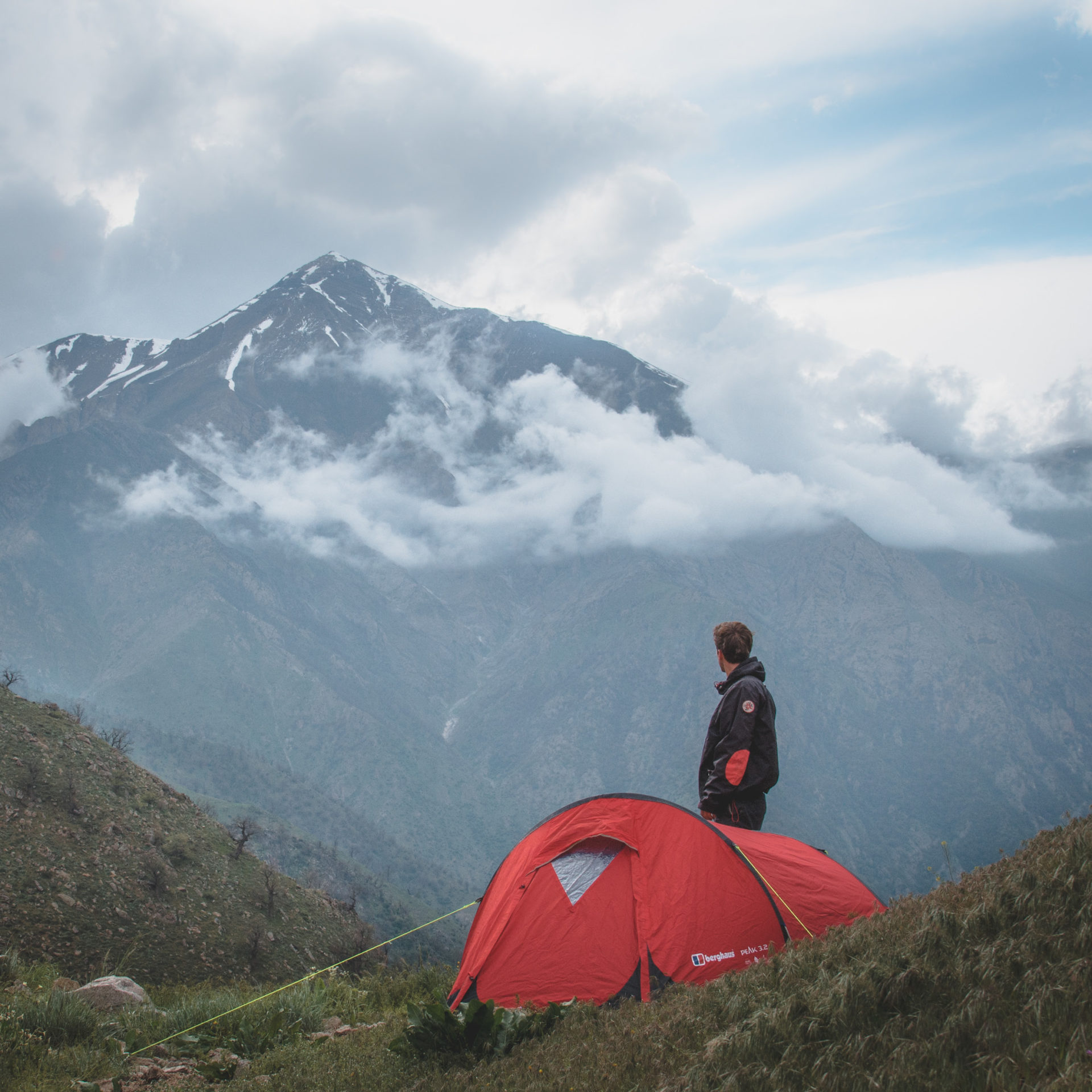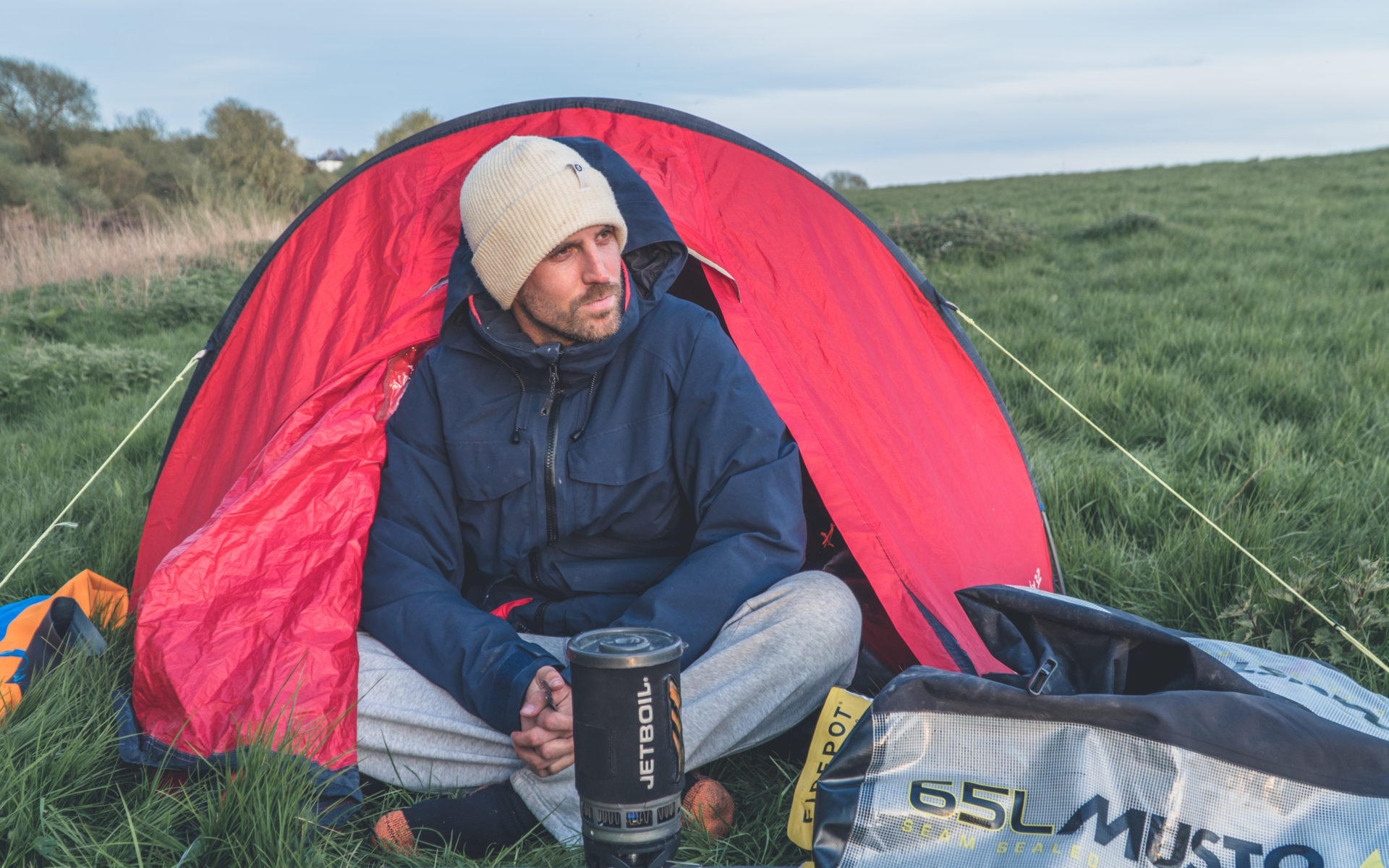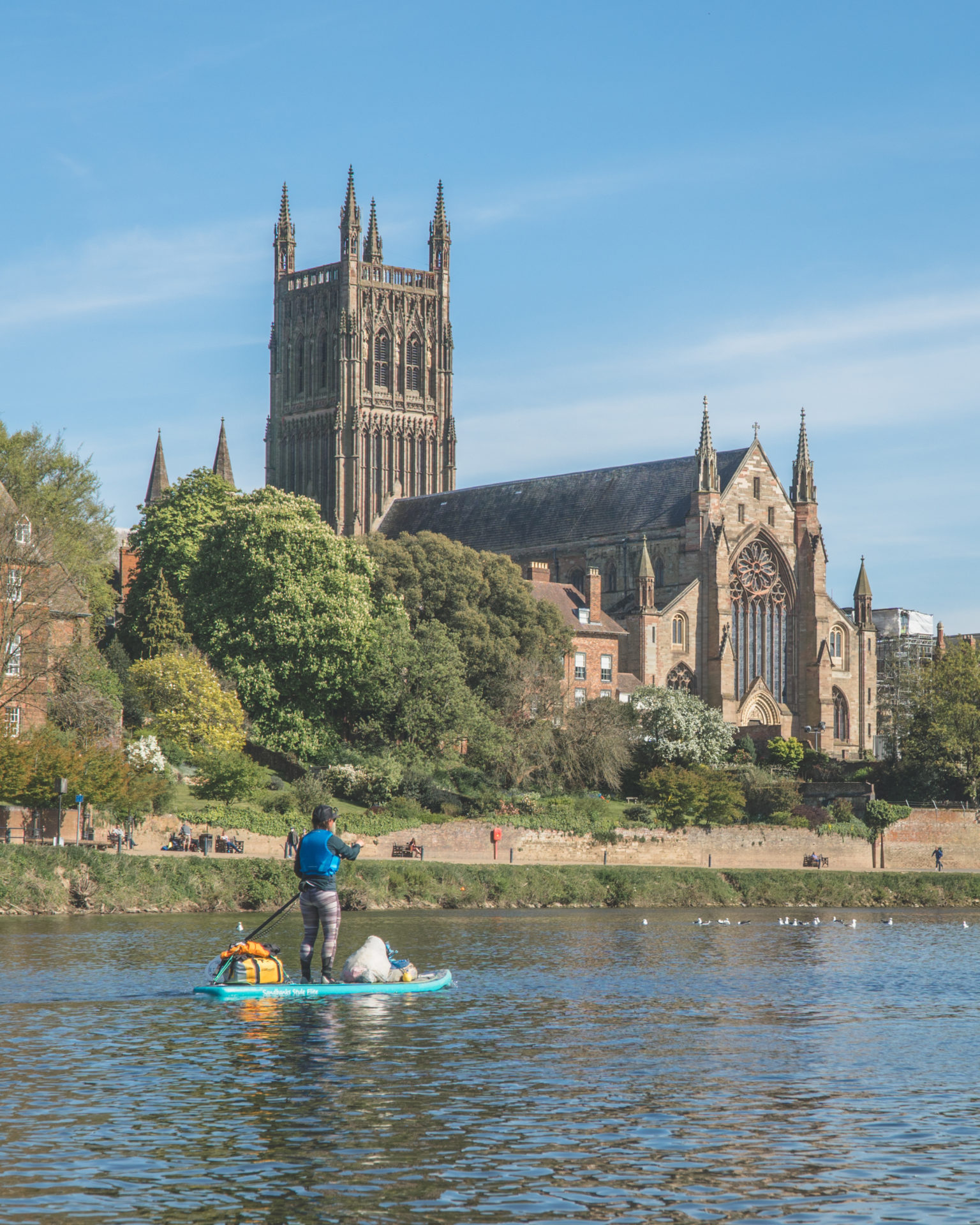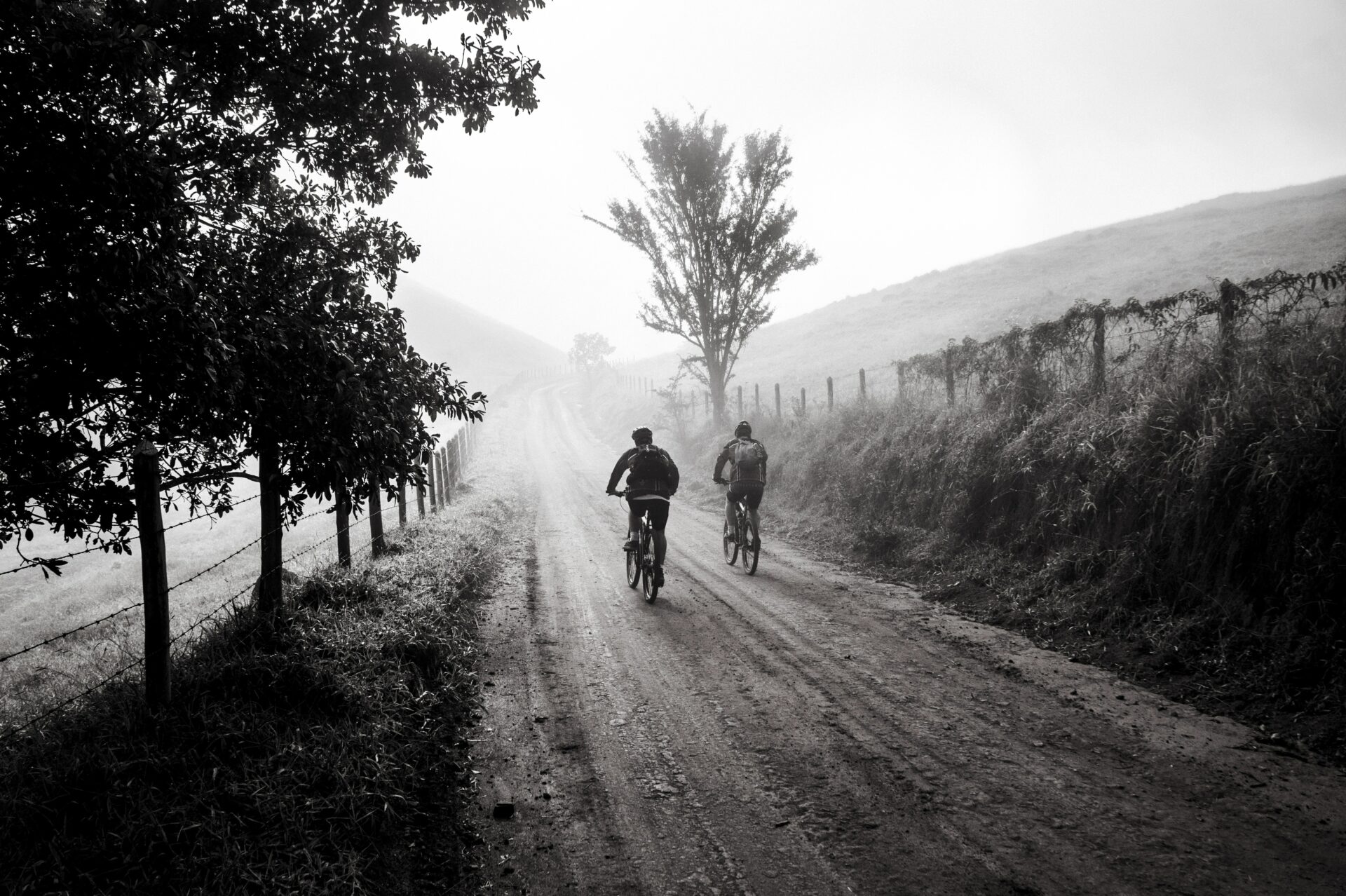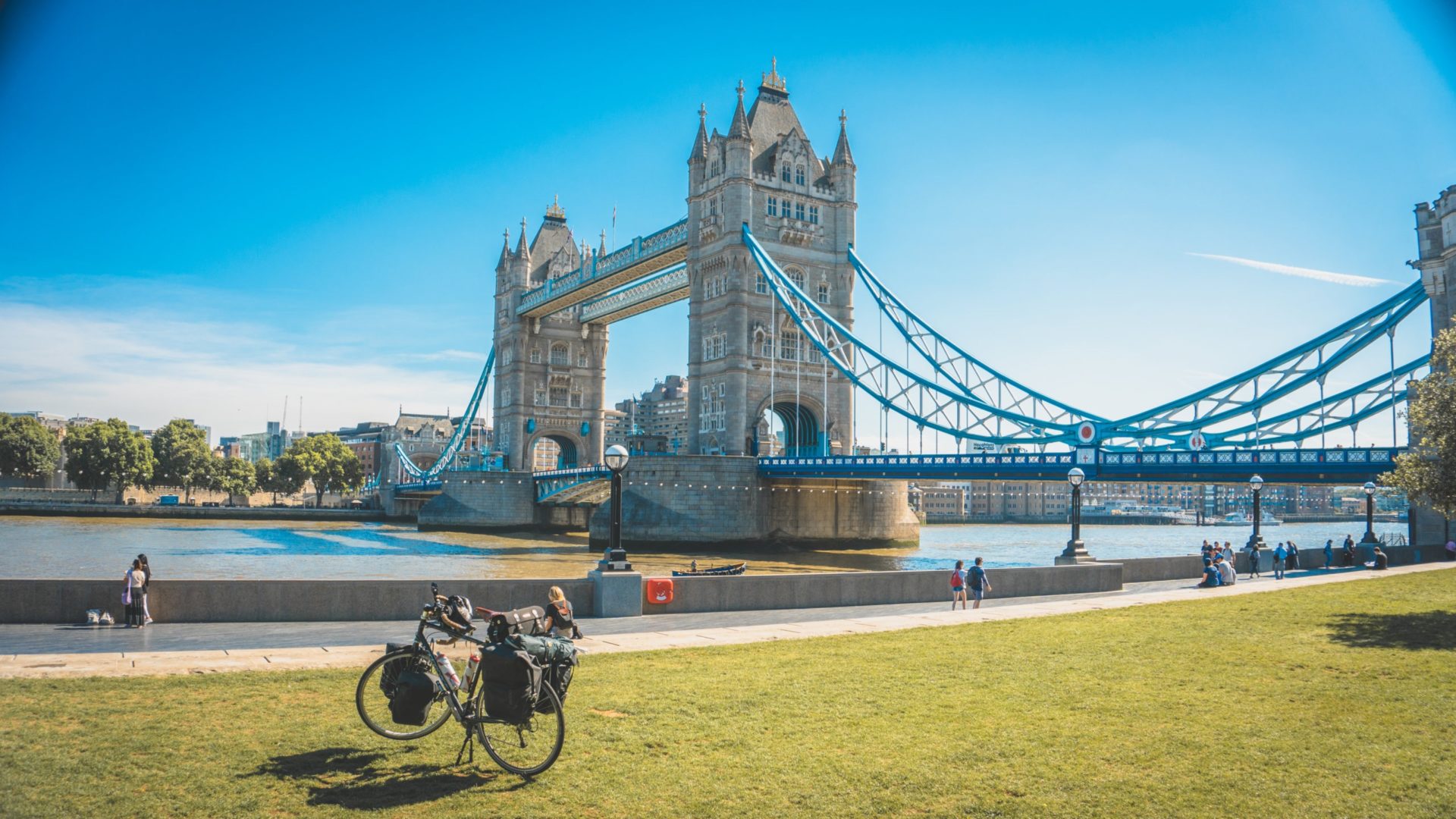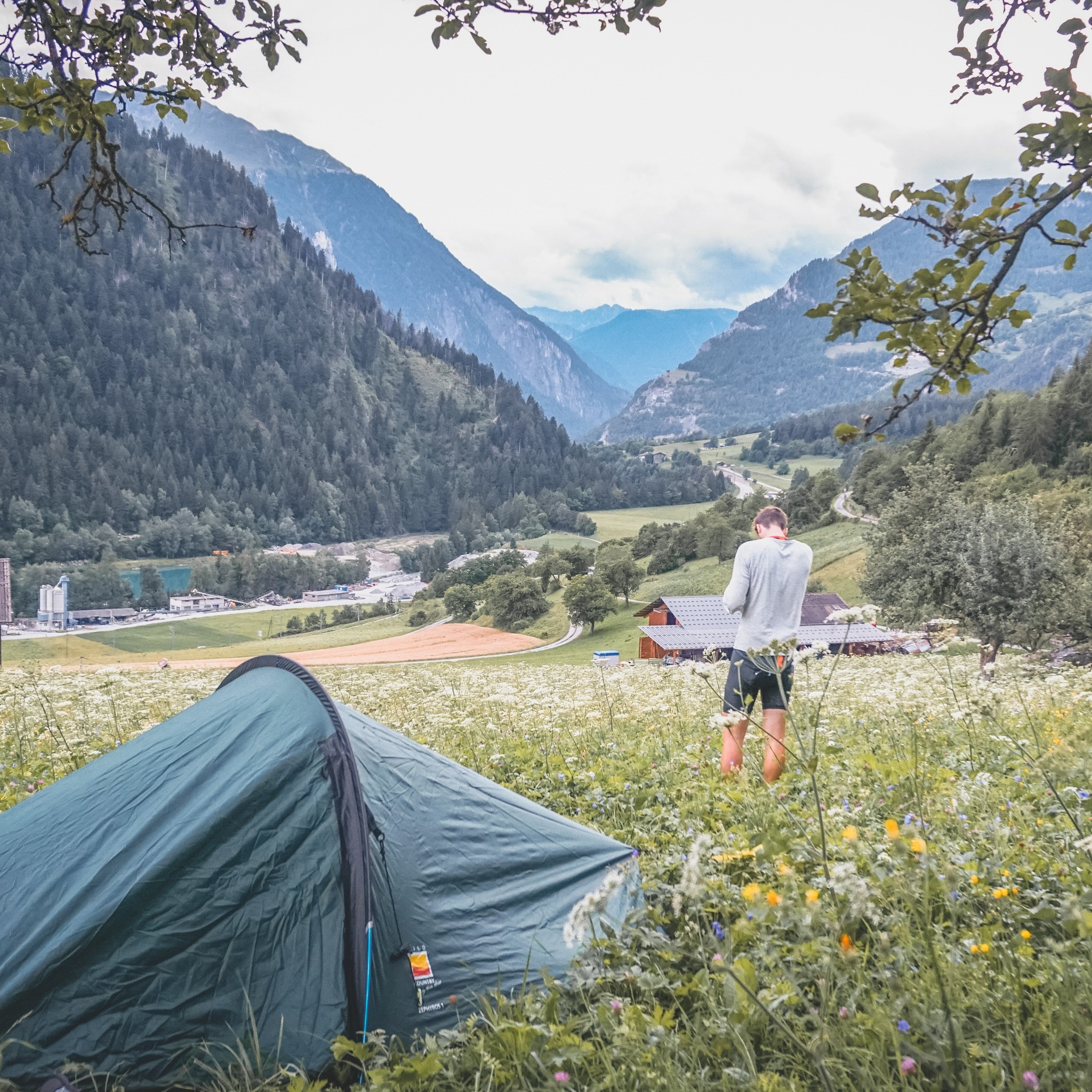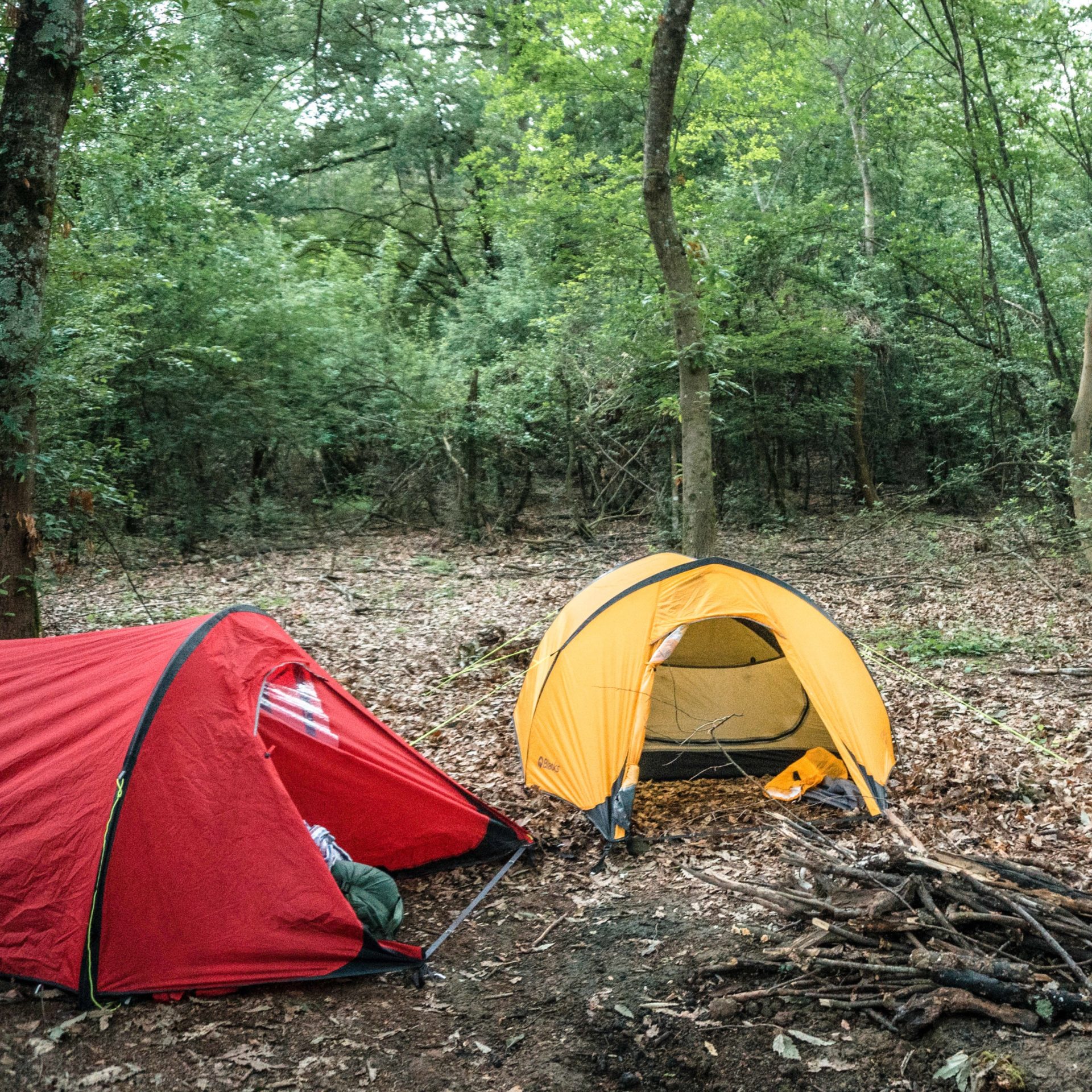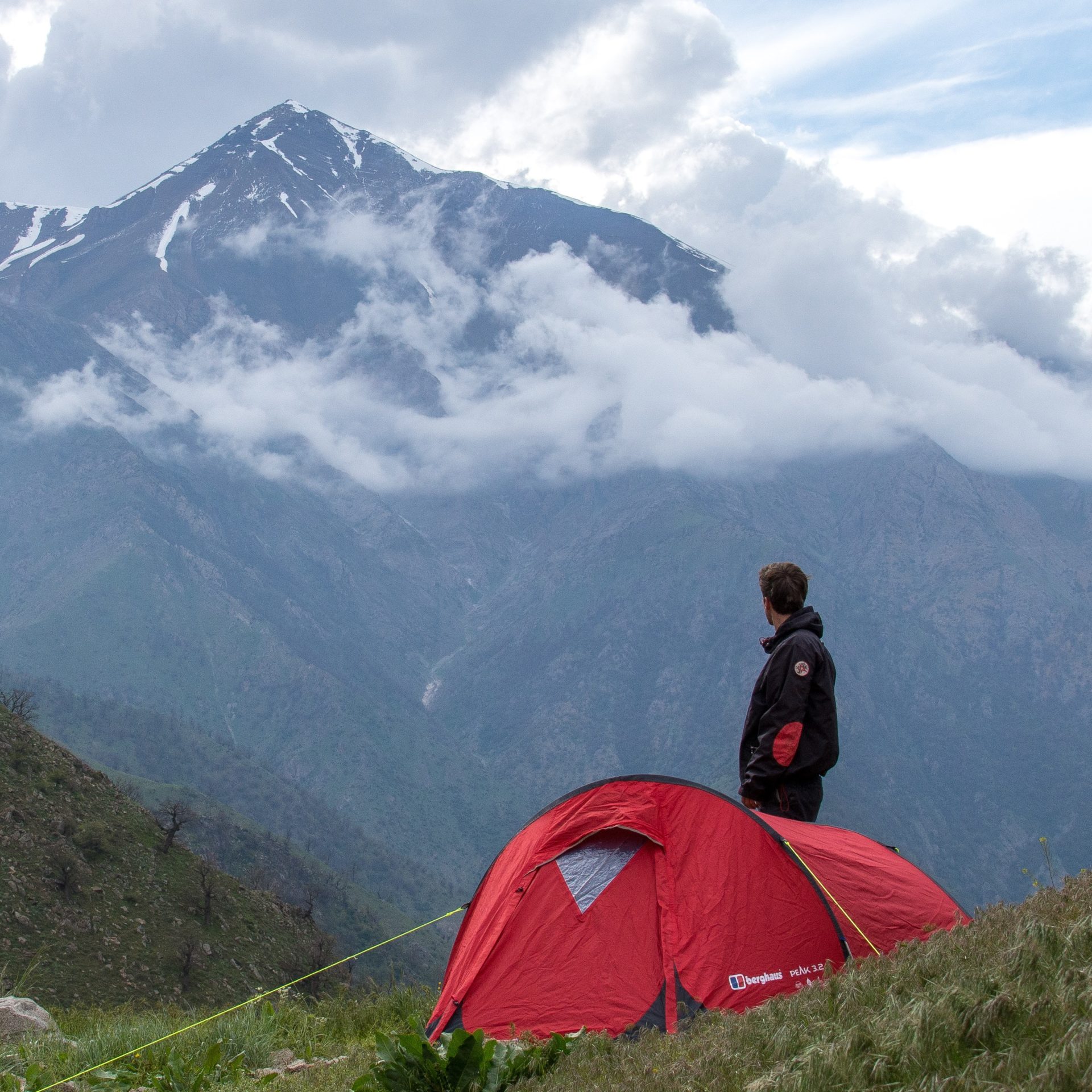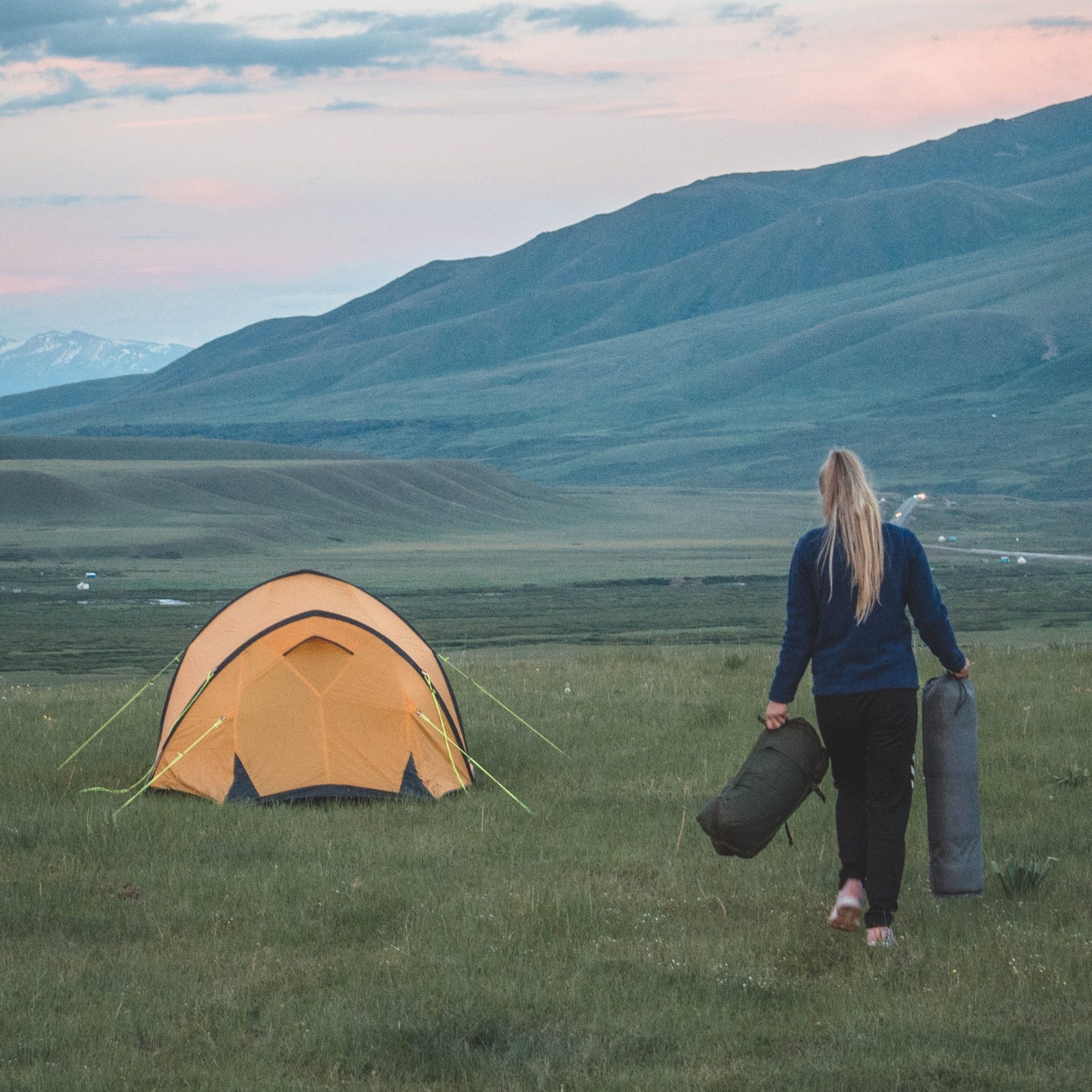Wild camping in the Lake District
Wild camping in the Lake District
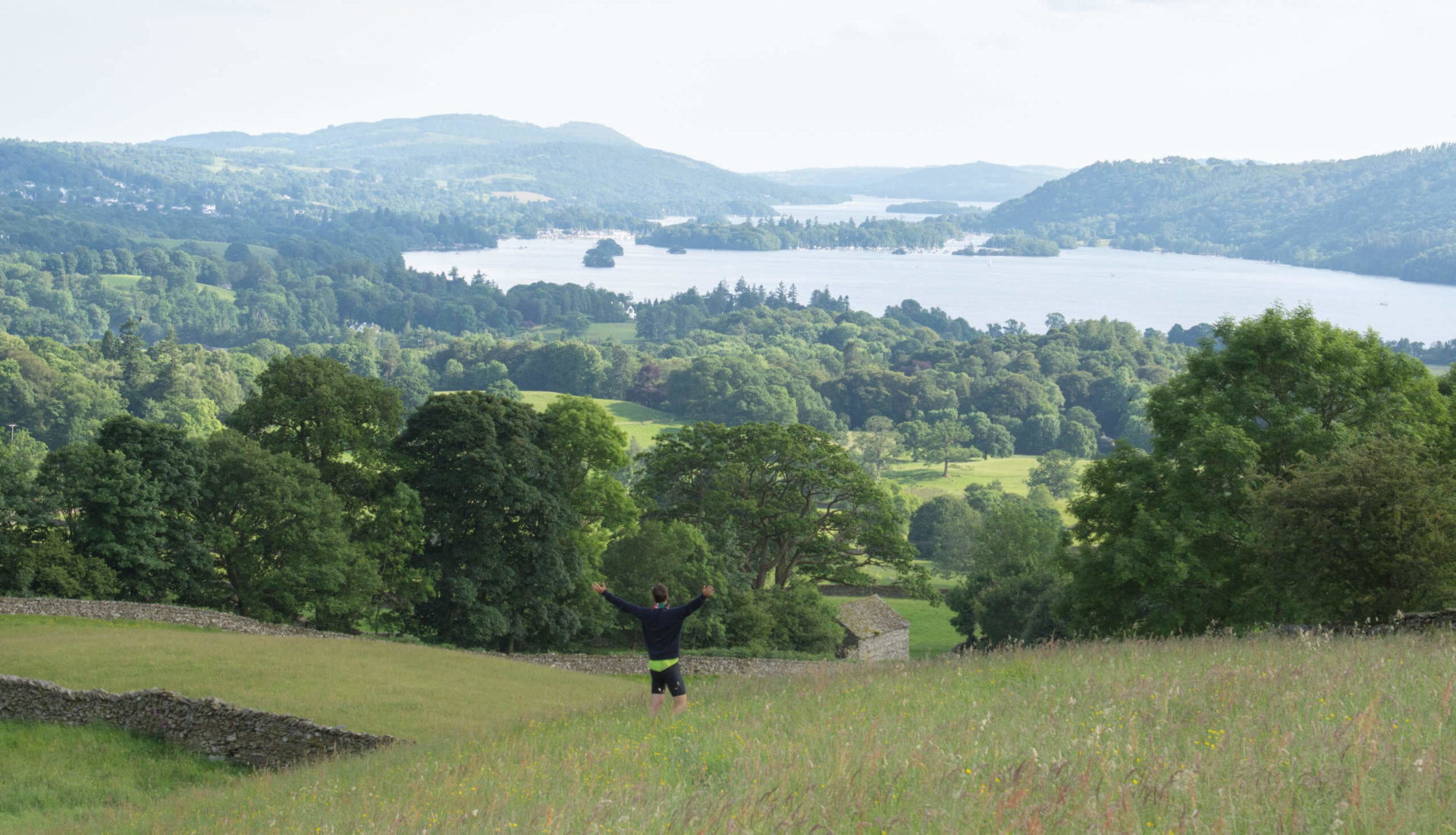
Wild camping in the Lake District – Is it Legal?
Camping in the wild is not accepted in England unless the landowner approves. In the Lake District, it is allowed if you pitch your tent at a high altitude above the highest wall or fence away from any towns or villages. You must comply with the wild camping code: set up camp late afternoon and depart early in the morning, leaving no evidence of your stay.
The Lake District is a popular destination for wild camping, with many beautiful and remote locations to choose from. Some of the best areas for wild camping in the Lake District include the fells, such as Helvellyn, Scafell Pike, and Great Gable, as well as the Ullswater and Coniston Water valleys.
What is the Lake District famous for?
The Lake District is a popular tourist destination in the north of England, known for its beautiful scenery and outdoor activities. It is famous for its lakes, forests, and mountains, which offer a range of outdoor pursuits such as hiking, climbing, and water sports. The Lake District is also known for its rich cultural heritage, with many historic houses, museums, and literary associations, including Wordsworth and Beatrix Potter. It is a designated UNESCO World Heritage Site.
Don’t forget to wrap up warm in the winter –https://capitaloneshopping.com/s/canadagoose.com/coupon
The Bests views in the lake district
The Lake District is known for its stunning scenery, with many beautiful views. Some of the best views in the Lake District include:
-
Skiddaw: This mountain offers panoramic views of the surrounding fells and lakes.
-
Catbells: This popular fell offers excellent views of Derwentwater and the surrounding area.
-
Ullswater: The lake offers stunning views, particularly from the iconic steamer pier at Glenridding.
-
The Old Man of Coniston: This famous peak offers panoramic views of the surrounding fells and Coniston Water.
-
Stickle Tarn: This small lake is situated at the base of Pavey Ark and offers beautiful views of the Langdale Pikes.
There are many other excellent viewpoints in the Lake District, so it’s worth exploring to find your favourites.
What are the best places in the Lake District?
The Lake District is a beautiful and diverse region with many attractions and activities to enjoy. Some of the best places to visit in the Lake District include:
-
Windermere: The largest and most famous lake in the Lake District, offering a range of water sports and boat trips.
-
Coniston Water: A beautiful lake with a rich cultural heritage, including connections to the writer and artist John Ruskin and the famous speedster Donald Campbell.
-
Ullswater: Often referred to as the “Queen of the Lakes,” Ullswater is one of the most scenic lakes in the Lake District.
-
The Old Man of Coniston: A famous hike and climbing peak with stunning views of the surrounding falls and lakes.
-
Tarn Hows: A picturesque tarn surrounded by beautiful forests and fells, with several walking trails to explore.
Where is it legal to wild camp in the UK?
In the UK, wild camping is only legal in certain areas and with the landowner’s permission. Wild camping is generally not allowed on designated sites or areas where it is explicitly prohibited. Some of the best places to wild camp in the UK include the Scottish Highlands, the Lake District, and Dartmoor National Park. However, it’s always best to check with the local landowner or park authority before setting up camp to ensure that wild camping is allowed in the area. It’s also essential to follow the Leave No Trace principles to minimize your environmental impact and ensure that the site is left as you found it.
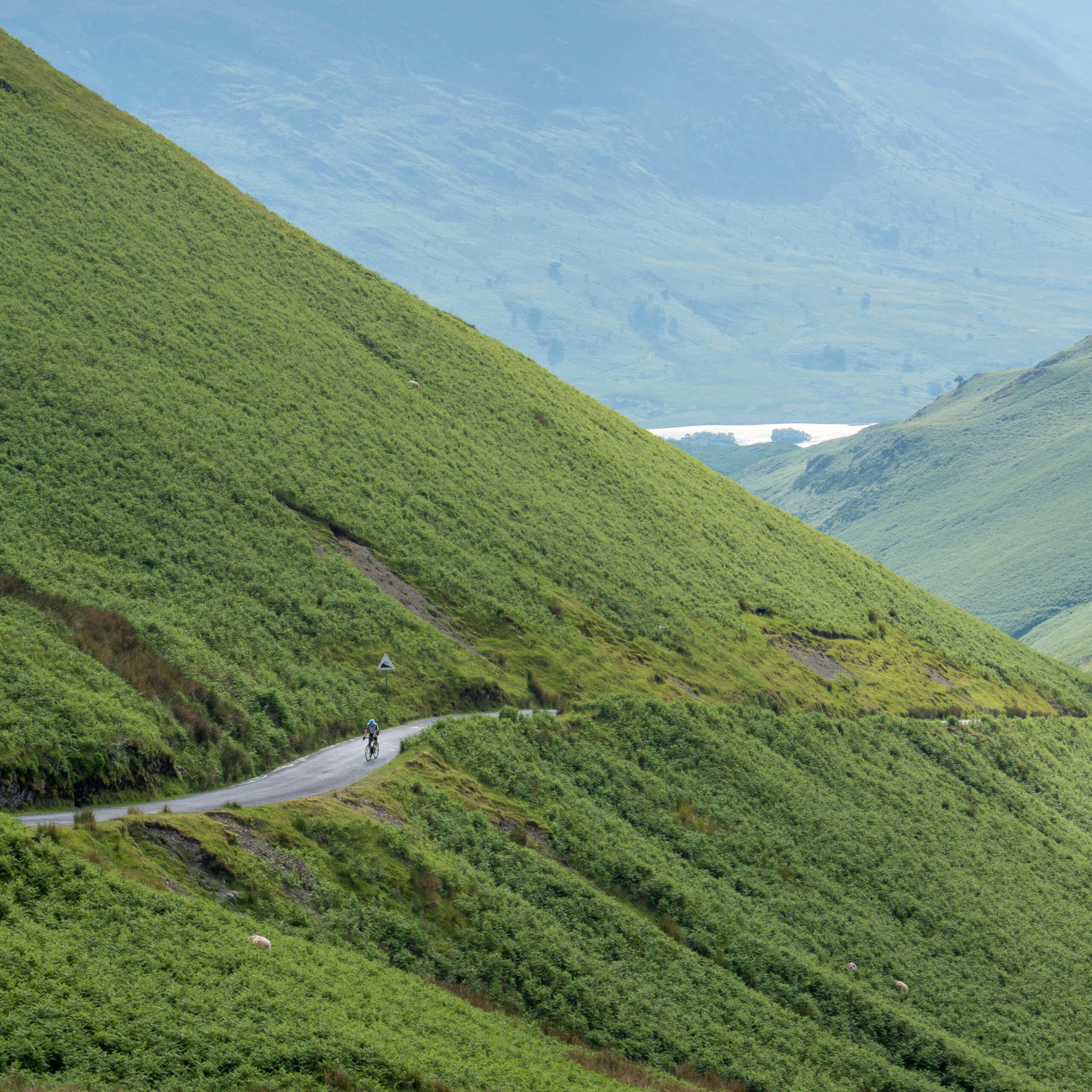
Tips for Wild Camping
Here are some tips for wild camping:
- Ensure wild camping is allowed in the area: In the UK, wild camping is only allowed in certain areas and with the landowner’s permission. It’s important to check with the local landowner or park authority before setting up camp to ensure that wild camping is allowed in the area.
- It’s also essential to follow the Leave No Trace principles to minimize your environmental impact and ensure that the site is left as you found it. You can do your part by bringing a camping trashcan and being mindful of how you interact with your surroundings.
- Choose a suitable campsite: Look for a flat, dry spot that is well-drained and sheltered from the wind. Avoid camping near water sources, as this can damage the environment and attract animals.
- Be prepared for the weather: The weather in the UK can be unpredictable, so it’s important to be prepared for rain, wind, and cold. Bring warm, waterproof clothing and a good-quality tent that can withstand strong winds.
- Be respectful of other campers and the local community: Wild camping is a privilege, not a right. It’s important to respect other campers and the local community and avoid making too much noise or causing any other disturbances.


